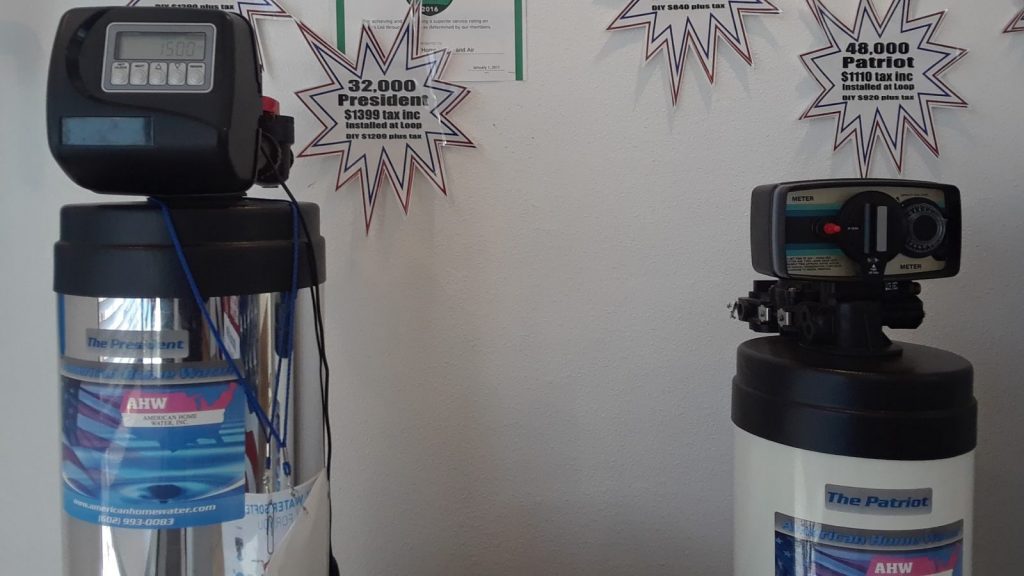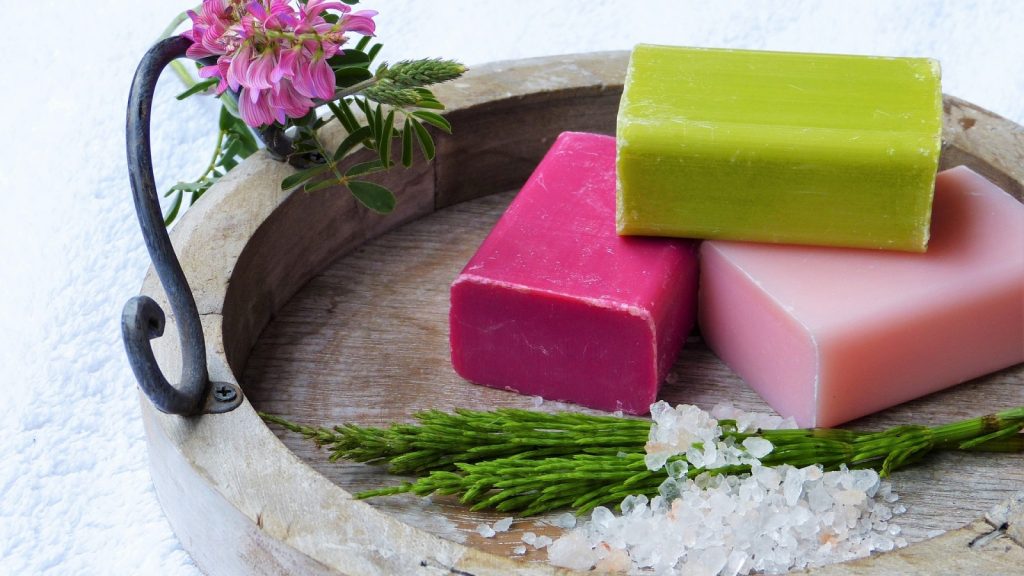With 85% of America’s water classified as hard per a U.S. Geological Survey, water softeners are crucial for protecting our homes and even our bodies. It’s also essential to beat the heat in Phoenix and secure a clean drinking water for the family. They reduce concentrations of minerals like calcium and manganese in tap water — but can they remove chlorine from water?
The simple answer? Yes — but this is not a water softener’s primary function.
Let’s dive deeper to help you confidently ensure your family’s safety.
Why Remove Chlorine from Water in the First Place?
More than 98% of water supply systems in the United States (including those in bottled water facilities) rely on chlorine as a disinfectant. This practice began in 1908 and rapidly expanded as a reliable method for eradicating diseases and bacteria from the nation’s water supply.
The reason a glass of water (or even a bathtub’s worth) from your tap doesn’t smell like a swimming pool is that the concentration of chlorine is very low; no more than 4 milligrams per liter.
That’s still enough to produce some differences in smell and taste — just not enough for someone unaware of the chlorination practice to deduce that their tap water contains the same chemical as the community pool.
Is Chlorination Safe?
Federal health authorities state that chlorination at levels of 4 milligrams per liter or less is safe. As with most things science-related, however, debate abounds. Some experts are concerned about links between chlorine and cancers of the bladder, rectum, and breast. Chlorine was, after all, used as a chemical weapon in World War I.
Those sentiments are far from unanimous, though; for every reputable expert warning Americans about water chlorination, an equally-reputable counterpart exists claiming there’s no issue.
So Should I Remove Chlorine from Water?
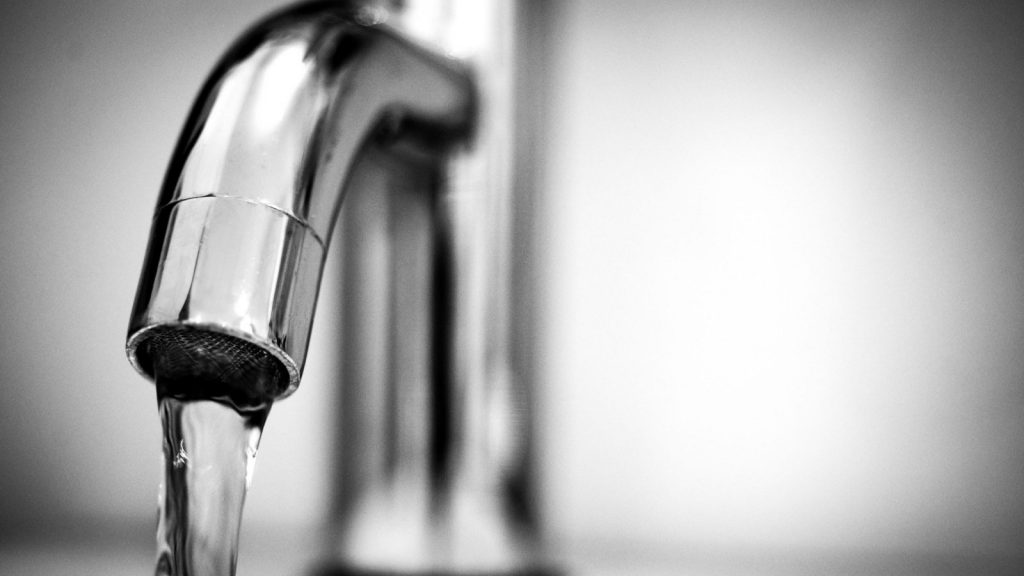
Most people prefer to err on the side of caution when it comes to their family’s safety. In the case of water chlorination, this means implementing a filtration process that removes the chemical.
These systems remove chlorine from water after it has reached your home. This is important as it means the water still goes through the disinfection process at your local treatment facility. Regardless of how one feels about chlorination, it’s undeniable that it guards against more acute threats like the parasites and bacteria that have wreaked havoc on humanity throughout history.
Even those who don’t care at all about the potential health effects of chlorination may look to remove chlorine from water, though. Many people don’t like the taste or smell it gives water. Thankfully, filtration is affordable and simple enough.
Do Water Softeners Remove Chlorine?
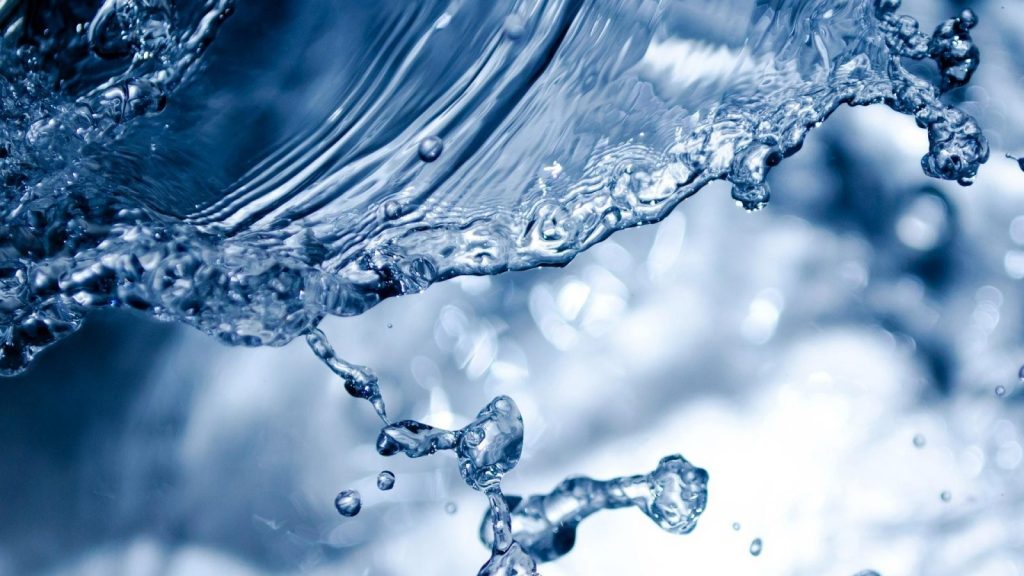
A water softener’s primary purpose is to reduce concentrations of minerals like calcium and manganese in your tap water. This is essential in most of America, but particularly in places like Phoenix, Arizona where the water is extremely hard.
Water softeners achieve this through the use of sodium-inundated resin beads. As water passes through a tank containing the resin beads, the sodium ions swap places with that of calcium, manganese and other minerals.
Instead of clogging up your pipes, damaging your skin, and sticking to the inside of your kettle, the minerals reside with the resin beads — as does some of the chlorine.
Does a Water Softener Remove Chlorine? — The Detailed Answer
The key word in the preceding sentence is some.
What does a water softener remove primarily? Minerals like chlorine, manganese, and iron. Any water softener chlorine treatment is secondary. There are more effective ways to remove chlorine from water — and they work perfectly alongside a water softener.
Professionals specializing in water softener systems may try to insist that a water softener is adequate for chlorine filtration. At American Home Water and Air, however, we pride ourselves in helping you develop a system that actually meets your needs.
Ways to Remove Chlorine from Water
Reverse Osmosis Systems
A reverse osmosis system with adequate carbon filters will remove chlorine from water alongside other contaminants. It achieves this by forcing the water through several filters and membranes.
One of the ways in which reverse osmosis systems are great is that they can remove chlorine from your water before it gets to your softener. This protects your softener’s internal components, which should handle chlorine just fine but are nonetheless not designed specifically for it.
All-In-One Softeners and Filters
Equipment like the Pro Health System will fulfil every stage of home water treatment one could want. After your water passes through seven stages of filtration, it will be both softened and purified.
Whole-House Filters
Whole house filters will purify all the water in your home but not soften it. This is ideal if you wish to treat all of the water in your home indiscriminately. Chlorine is one of the chemicals such a filter will remove.
Why Use a Dedicated Filter to Remove Chlorine from Water?
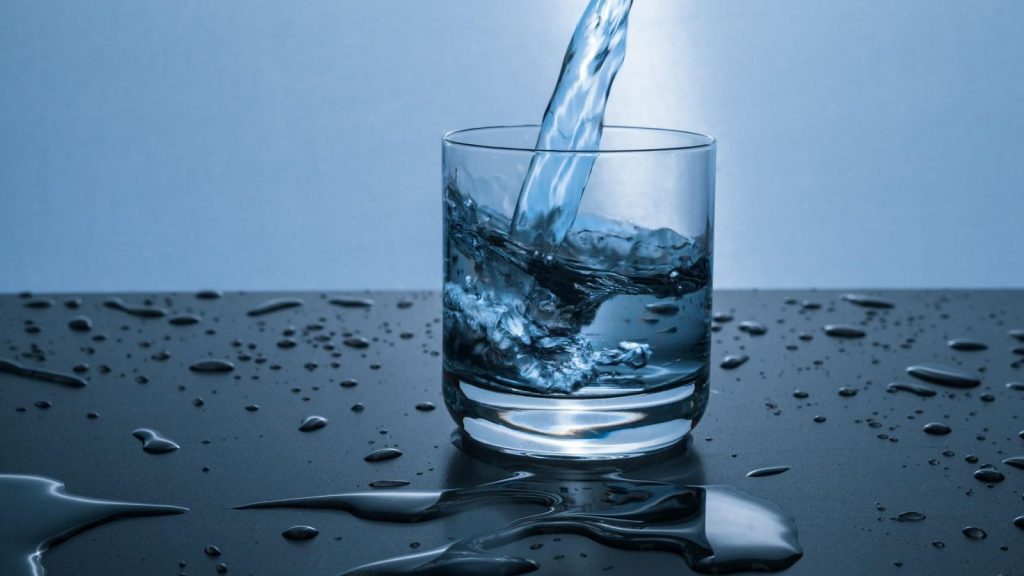
All of the systems outlined above share a key advantage: specialized water filtration removes chemicals other than chlorine from your water. This can include heavy metals, arsenic and pesticides.
Do Water Softeners Remove Chlorine? — Conclusion
By now, you should know the answer to ‘does a water softener remove chlorine?’
To reiterate, that answer is ‘yes — but that’s not its purpose.’
What does a water softener remove? Primarily minerals like calcium and manganese that would clog up your drain and damage your skin.
For the best results, use a water filter alongside your softener to get rid of all contaminants and harmful chemicals, including chlorine.
For more of this content, check out “Heat pump sizes” on the next article.
[related_posts_by_tax posts_per_page="3" format="thumbnails" image_size="medium"]




